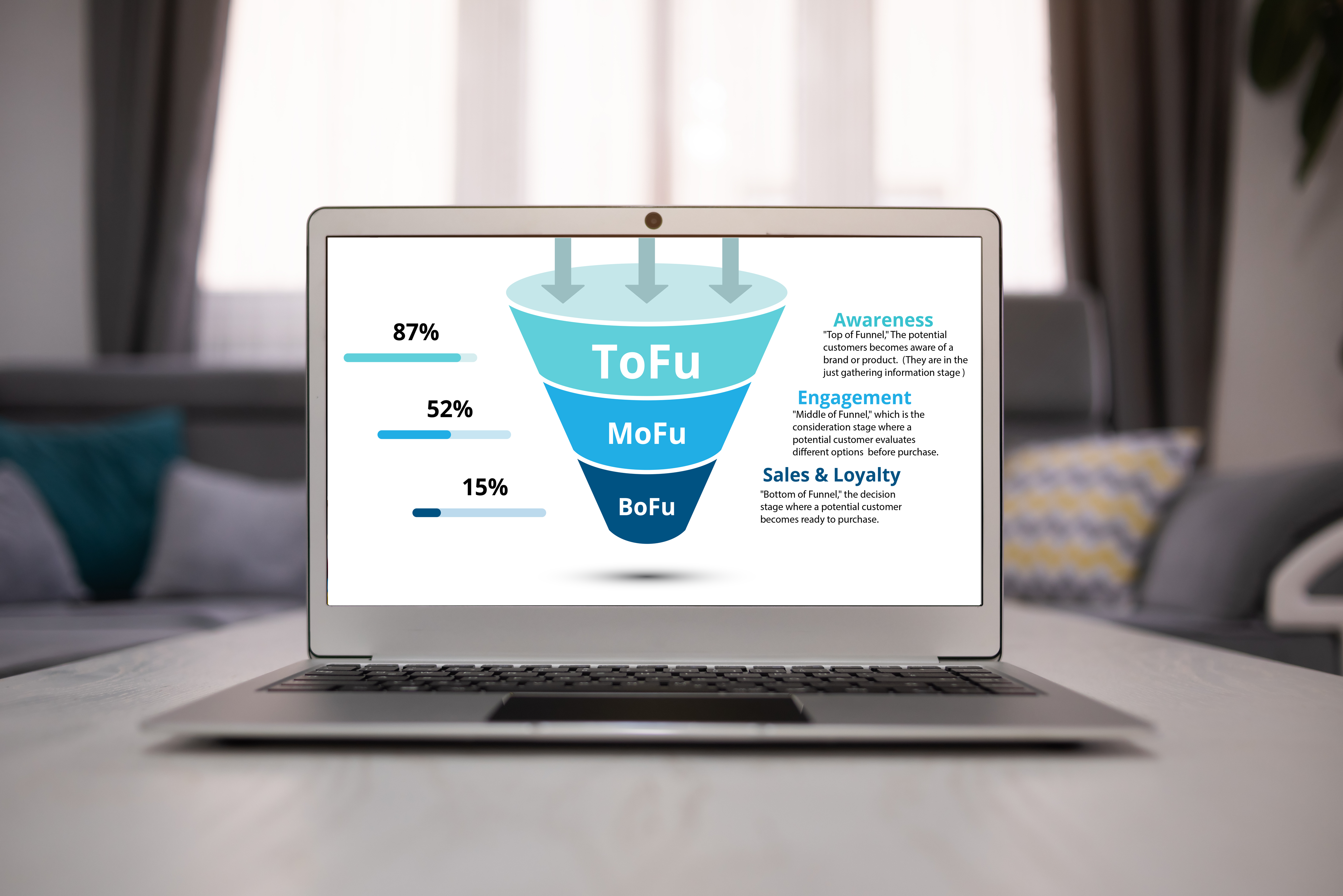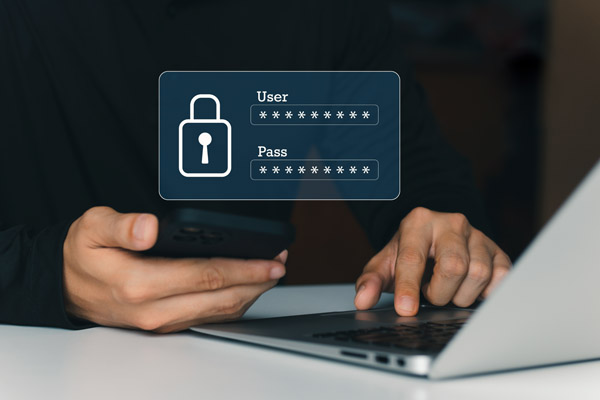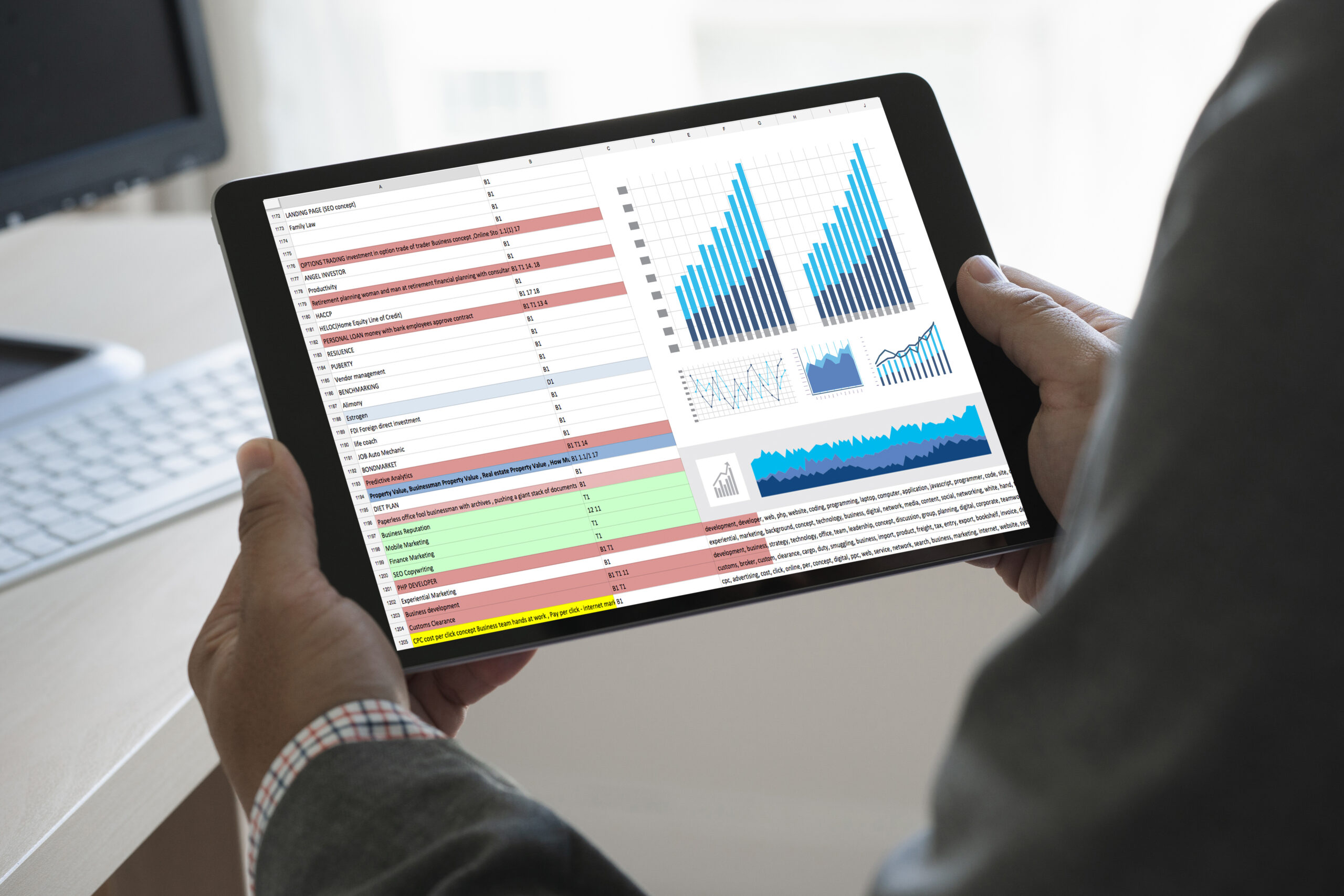Keys:
- Digital skills are crucial for modern business success and competitive advantage.
- Continuous learning is essential for staying relevant in the rapidly evolving digital landscape.
- Mastering these skills can lead to career advancement, increased competitiveness, and improved business outcomes.
- A holistic approach to digital skills development is necessary for comprehensive professional growth.
- These foundational skills apply across various industries and job roles, enhancing versatility.
- Proficiency in these skills can lead to increased efficiency, productivity, and innovation in business operations.
- Developing these skills can open up new career opportunities in the digital economy.
In today’s fast-changing digital world, having a strong foundation of digital business skills is important for doing well at work and helping organizations succeed. At Learn More Technologies, we know how crucial it is to keep up with digital trends and always learn about new technologies. Let’s explore 12 key digital skills that are super important for modern business. These skills are essential for professionals in all industries to do well in the digital age.
1. Digital Communication and Collaboration


Effective digital communication is essential for modern businesses in our connected world. This skill includes many things that help you effectively talk and work with others online. It’s like learning a new language for the digital world. Here are some key parts of digital communication:
- Using different digital tools well, like email, instant messaging, video calls, and social media
- Knowing how to be polite and professional online
- Using team tools effectively, like project management apps and shared document folders
- Changing how you communicate for different online platforms and people
- Using digital tools to manage teams working from different places
Check out our guide on creating engaging video content to improve your digital communication skills and learn how to make great videos that get your message across.
2. Data Literacy and Analysis

In today’s world of big data, knowing how to understand and use information is important for making smart business decisions and finding ways to do better than competitors. Data literacy has become a critical skill for all parts of a business, from marketing to how things run. Here are some essential parts of this skill:
- Basic math skills, like understanding averages and other simple statistics
- Making data look good in charts and graphs
- Understanding significant business numbers and what they mean.
- Being good at using tools like Excel or other data programs
- Being able to look at lots of data and figure out what it means for the business
- Understanding how to keep data private and use it in a good way
Learn how data analysis can help your business strategy in our article about smart pricing tricks, where we talk about how using data can help you set better prices and sell more.
3. Digital Marketing Fundamentals

Understanding the basics of digital marketing is super important for helping businesses grow online. Digital marketing is reaching and talking to people through the internet and digital devices. Here are some key things to know:
- Content marketing: creating helpful stuff that people want to read or watch
- Social media marketing: using sites like Facebook or Instagram to talk to customers
- Search engine optimization (SEO): making your website show up when people search online
- Email marketing: sending helpful emails to customers
- Online advertising: creating ads that show up on websites and search engines
- Checking how well your marketing is working using special tools
Learn more about content marketing in our guide on creating great content for different stages of the customer journey. This guide shows you how to create content that fits customers’ needs at different times.
4. Cybersecurity Awareness

In our digital world, understanding cybersecurity is important for keeping information safe and ensuring customers and partners trust you. As online dangers keep changing, businesses must focus on cybersecurity at all levels. Here are some key things to know:
- Basic security rules, like using strong passwords and two-step login
- Spotting possible threats, like fake emails or harmful software
- Protecting data by using special codes and sharing files safely
- Understanding why it’s important to update software regularly
- Knowing about rules for keeping data safe and private
- Knowing what to do if there’s a security problem
Learn about the importance of cybersecurity in our guide on mastering professional development digital skills. This guide shows how knowing about cybersecurity can help your career in the digital world.
5. Cloud Computing Basics
Understanding cloud technologies is becoming increasingly important as businesses use cloud-based solutions to be flexible, grow quickly, and save money. Cloud computing has changed how businesses work and store information. Here are some important things to know:
- Cloud storage: understanding different ways to store data online
- Working together using cloud platforms: using online tools to work better with others
- Basic cloud security: keeping data safe in the cloud and controlling who can see it
- Understanding different types of cloud services and how businesses use them
- Knowing about significant cloud providers and what they offer
- Understanding how to move data and programs to the cloud safely
6. Digital Project Management

Managing projects in the digital age means using unique skills and tools to ensure work gets done well, primarily when people work from different places. Digital project management is essential for online organizing tasks, resources, and timelines. Here are some key things to know:
- Using project management software like Asana or Trello to plan and track projects
- Using flexible ways of working, like Scrum, to manage projects better
- Managing teams that work from different places
- Understanding how to make workflow better using digital tools
- Using digital tools to track time, manage resources, and control budgets
- Using good ways to communicate online about project updates
Learn how digital project management can help your sales strategy in our article about using social listening tools. Good project management can help you use digital tools more effectively to grow your business.
7. E-commerce and Online Business Models

Understanding e-commerce basics is super important in today’s online marketplace, where more and more people buy things online. E-commerce knowledge is essential for businesses that want to sell online and reach customers worldwide. Here are some key things to know:
- Basic e-commerce platforms like Shopify or WooCommerce: understanding how they work
- Online payment systems: knowing about different ways people can pay online
- Digital customer service: knowing how to help customers online
- Understanding different types of online businesses and how they work
- Knowing how to manage inventory and send orders for online stores
- Understanding how to measure how well an online store is doing
Discover effective e-commerce strategies in our guide on smart pricing tricks to boost online sales. This guide gives tips on how to set prices in your online store to make more money.
8. Digital Ethics and Compliance
Understanding the right and wrong ways to use digital technology in business is important for keeping trust, following rules, and being ethical online. As technology becomes a more significant part of how businesses work, it’s important to think about what’s right and wrong. Here are some key things to know:
- Data privacy rules: understanding and following laws about protecting people’s information
- Using AI and automation in a good way: thinking about how to use these technologies fairly
- Making sure digital stuff is accessible to everyone, including people with disabilities
- Understanding rules about copying and owning things online
- Being ethical in digital marketing and advertising
- Being open about how you collect and use people’s information
9. Basic Coding and Web Development
While not everyone needs to be a computer programmer, understanding the basics can help you work with digital stuff and talk to tech teams. Knowing little about coding can help you solve problems better and understand digital products more. Here are some key things to know:
- HTML and CSS basics: understanding how websites are built and styled
- Simple JavaScript ideas: understanding how websites can be interactive
- Using content management systems like WordPress to manage websites
- Knowing about tools that help people work together on code
- Understanding how to make websites look good on phones and computers
- Knowing the basics of how websites are hosted and managed
10. Digital Productivity Tools

Being good at using digital tools can help you get more work done quickly and well. Knowing how to use these tools is essential for working smoothly and well with others in modern workplaces. Here are some key skills:
- Being good at using spreadsheets like Excel or Google Sheets
- Using tools for working on documents together, like Google Docs or Microsoft Office
- Using apps for managing tasks and time, like Asana or Trello
- Being good at using digital note-taking tools like Evernote or OneNote
- Understanding how to use cloud storage to manage files
- Knowing how to use tools for online meetings and webinars
Learn how to boost your productivity with digital tools in our article about mastering professional development digital skills, which gives tips on using technology to work better and faster.
11. Artificial Intelligence and Machine Learning Awareness

Understanding the basics of AI and machine learning is becoming increasingly important as these technologies affect how businesses work and make decisions. AI and ML are changing many industries, so knowing what they can do and what their limits are is important. Here are some key things to know:
- Basic AI ideas and how businesses use them, like in customer service chatbots
- How machine learning can help companies work better and understand data
- Thinking about the right and wrong ways to use AI, including possible unfairness in AI systems
- Understanding different types of AI and how they might be used now and in the future
- Knowing about significant AI and ML tools that businesses can use
- Understanding how AI and ML can be used in existing business processes to work better
Learn more about how AI affects digital marketing in our blog about AI-enhanced digital marketing efficiency. This blog explores how AI is changing marketing strategies and how businesses talk to customers.
12. Continuous Learning and Adaptability

The digital world is constantly changing, so it’s imperative to keep learning and adapting to new technologies and ways of doing things. Continuous learning isn’t just a skill; it’s a way of thinking crucial for long-term success in the digital age. Here are some key things to know:
- Staying up-to-date with what’s new in your industry, including new technologies
- Being open to trying new technologies and tools as they become available
- Having a mindset that’s ready to grow and learn, seeing challenges as chances to get better
- Actively looking for ways to learn through online courses, webinars, and industry events
- Building a network of people you can learn from through social media and industry forums
- Taking charge of your learning and working on new skills that will help your career
Discover strategies for continuous learning in our article about professional development strategies to close the digital skills gap. This article offers practical advice on staying relevant in a fast-changing digital world.
Conclusion
Being good at these 12 foundation digital business skills is super important for doing well in today’s digital-first business world. These skills are the building blocks of digital knowledge you need to succeed in many jobs and industries. At Learn More Technologies, we help professionals learn these essential skills and stay ahead in the digital economy. By working on these skills, you’re not just getting ready for now – you’re setting yourself up for success as the digital world keeps changing. Getting better at these skills will help your career and your whole organization keep up with digital changes and do better than competitors.
Ready to boost your digital business skills? Check out our blog for more tips and strategies to help you grow professionally in the digital age. Our helpful resources and expert advice will guide you as you become a skilled digital professional, ready to take on the challenges and opportunities of the modern business world.






